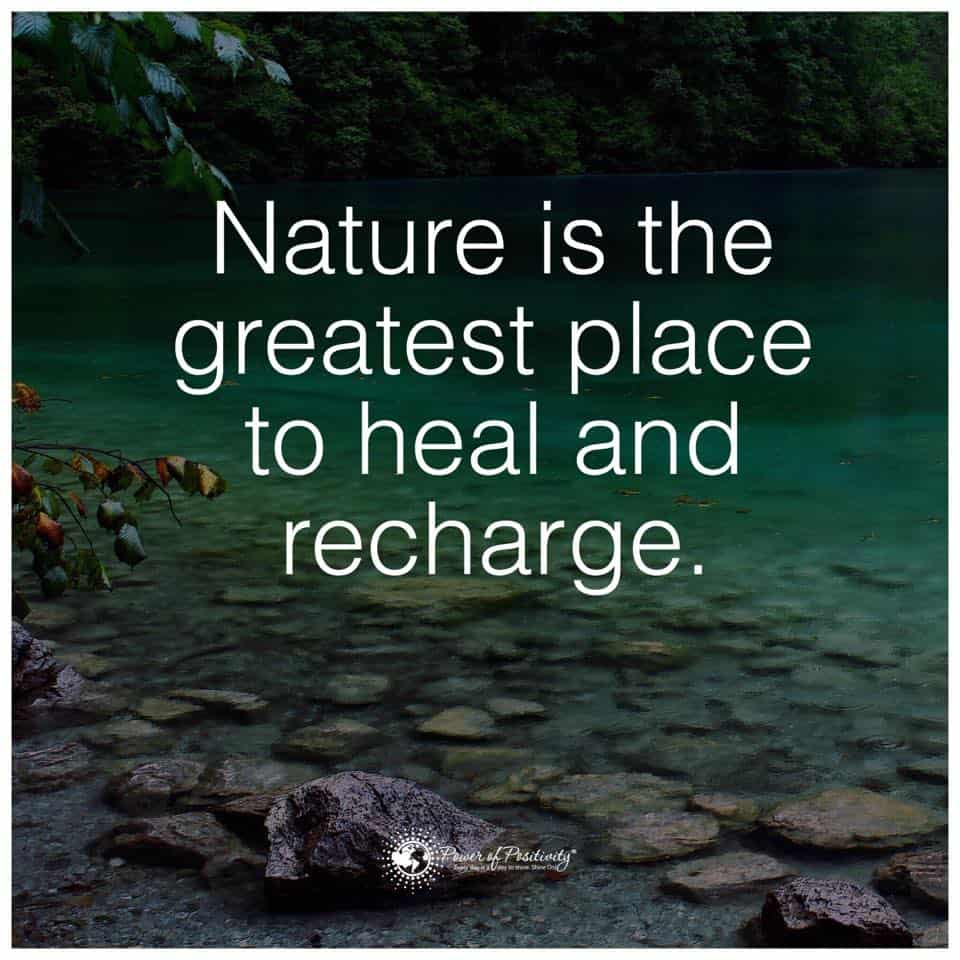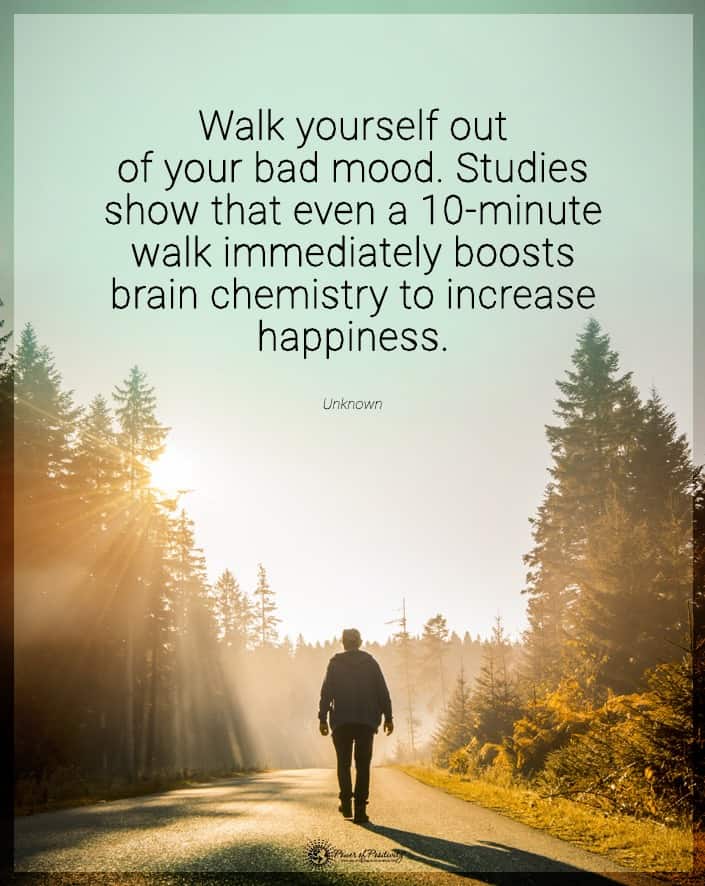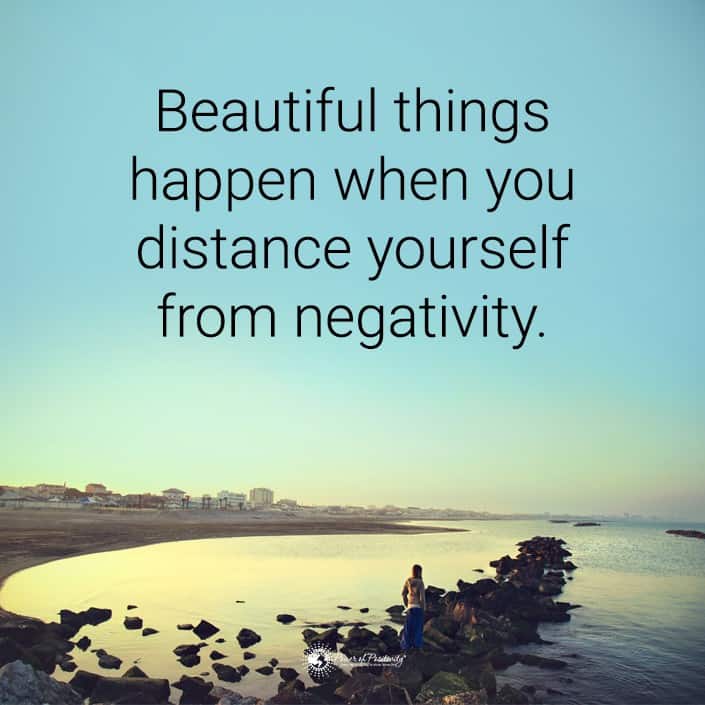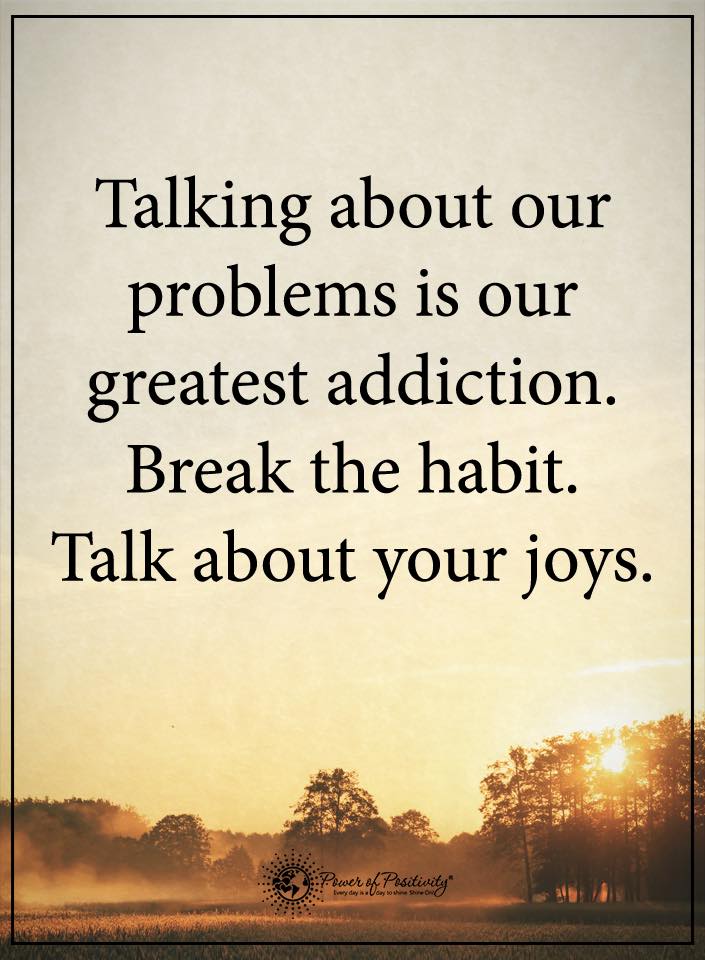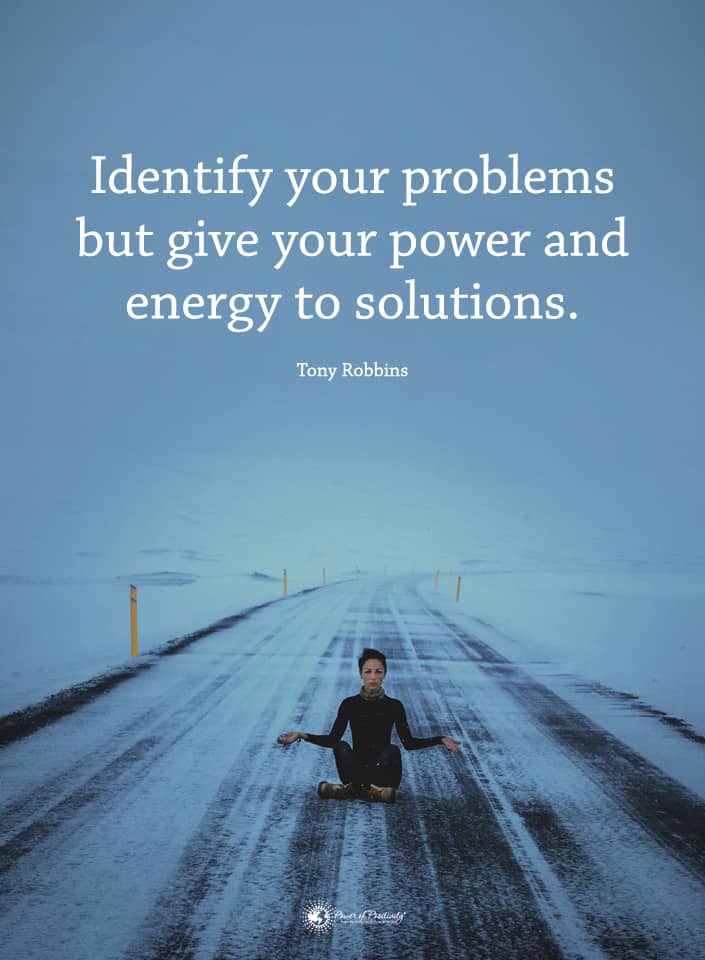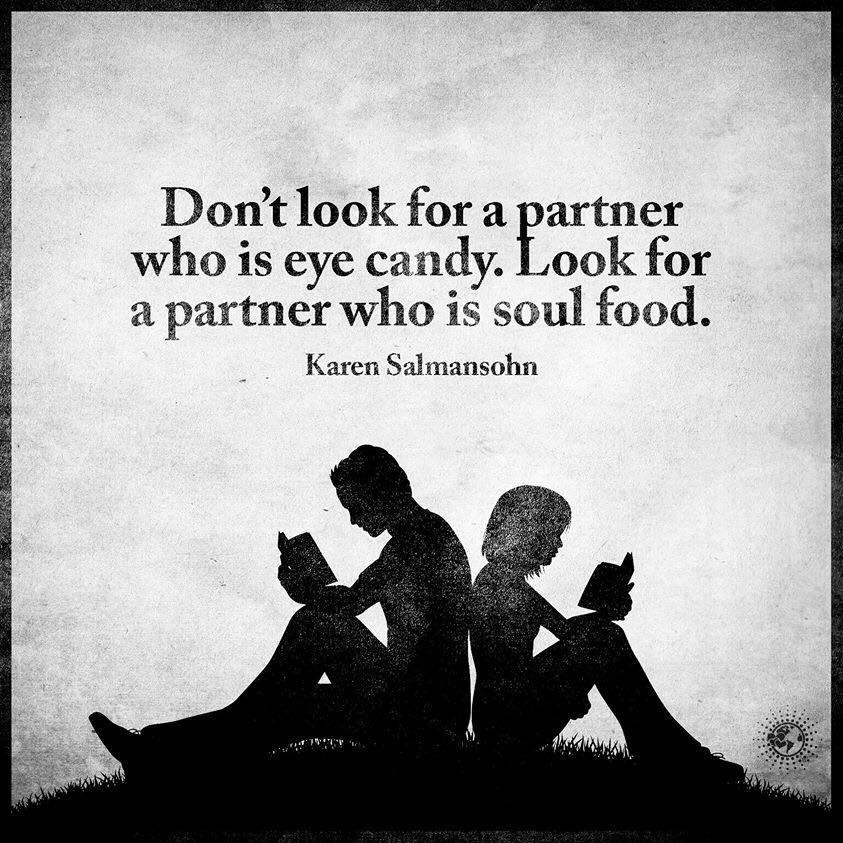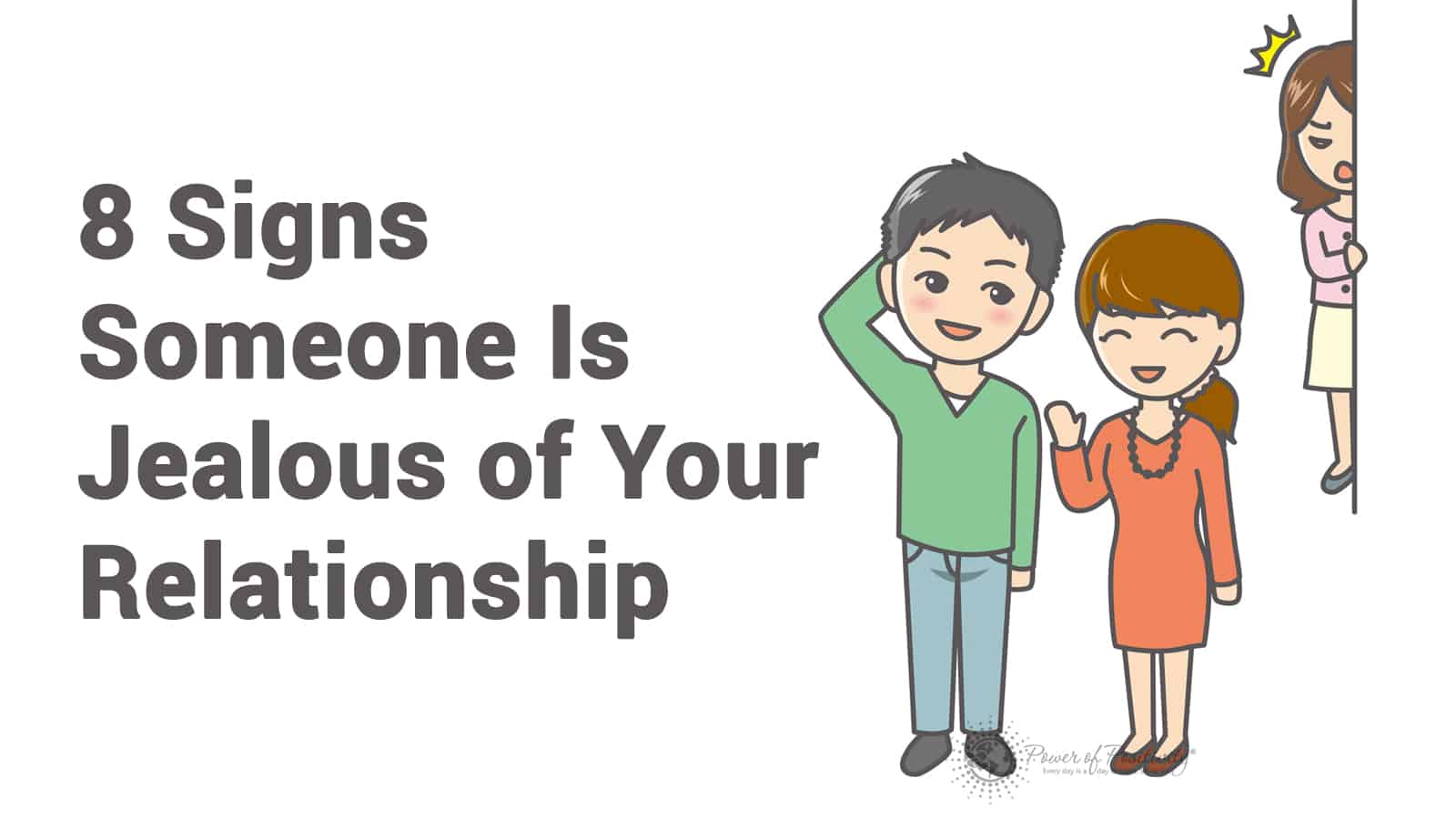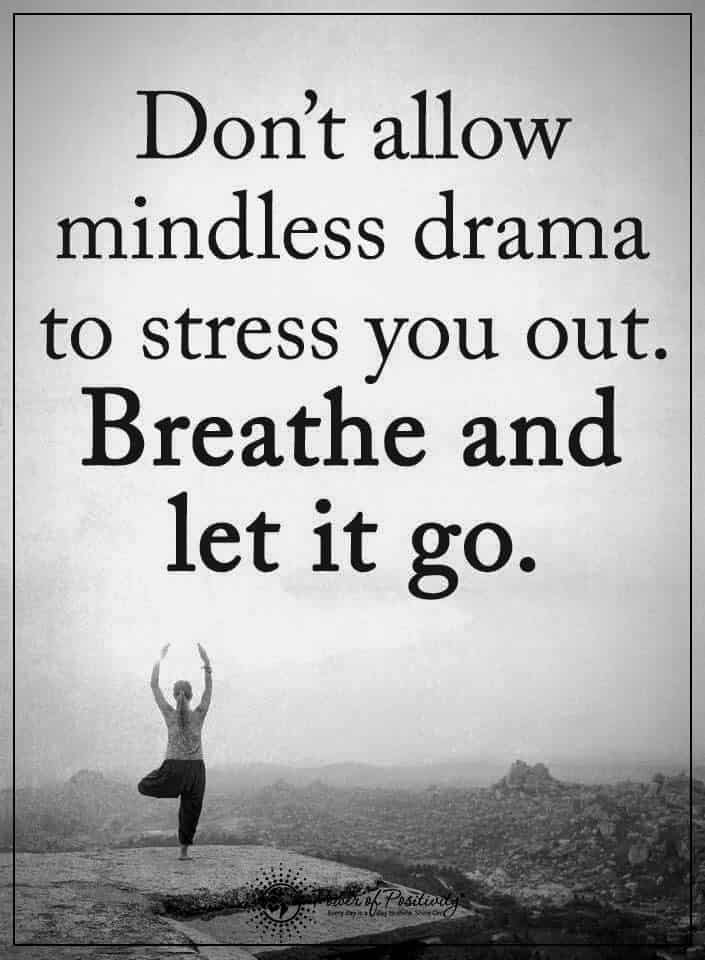You might already know that nature heals, but did you know that “forest bathing” specifically can offer many health benefits? “Forest bathing” comes from a Japanese term, Shinrin-yoku, which basically means spending time amongst trees to lower stress levels. To do this, you just need to find some trees, breathe deeply, open your mind and all your senses, and forget about all your stresses and responsibilities for a little while.
We live in such a fast-paced, chaotic, stressful world, and we all need to decompress sometimes. Luckily, nature offers a wonderful, natural way to do just that. Often, it doesn’t have to cost you a penny.
Many people go into nature for relaxation purposes, but did you know that trees specifically can help to reset your immune system and lower stress? Trees and all sorts of plants produce a compound called phytoncides, which help to protect the plants from rotting and from hungry animals. This chemical can actually lower cortisol levels in humans, plus increase immunity. Just a 40-minute walk through the woods, or “forest bathing,” can greatly improve your physical and mental health.
Here’s How “Forest Bathing” Helps People Reduce Stress And Boost Immunity
Of course, people have known about the power of nature to heal for centuries now, but today, we need this natural gift now more than ever before. Two German physicians in the 1800s actually found that fresh forest air helped to heal patients from tuberculosis. Nowadays, researchers have found that nature can actually cure many problems brought on by modern living, by going back to our roots, our natural environment.
For example, a Japanese study from 2010 found that participants that had exposure to forest environments showed more positive health markers than those surrounded by city conditions: “lower concentrations of cortisol, lower pulse rate, lower blood pressure, greater parasympathetic nerve activity, and lower sympathetic nerve activity.”
In addition to these wonderful benefits, being in the forest can also increase creativity and improve focus! This study by researchers from the University of Kansas and the University of Utah discovered that participants who hiked and camped for 4-6 days in Alaska, Colorado, Maine and Washington performed 50% better on creative problem-solving tasks than those who did not. These states have tons of trees, which provides further evidence that being among forests can do wonders for the mind, body and spirit.
Also, scientists believe that being in a less stimulating, natural environment helps us have better attention spans, because we don’t have to switch between tasks and manage so much stimuli like we do in the “modern world.” This helps to provide mental clarity, as the peace and tranquility of nature don’t demand things from us like city life does.
Although the majority of us live in a concrete world, we can all find a green space somewhere nearby to refresh our brains and recharge our spirits. Fresh air and sunshine have never stopped being vital to our existence, so we ought to make spending time in nature a priority, instead of just an afterthought.
According to a study published by the National Academy of Sciences of the USA, we spend 25% less time outdoors than we did just 20 years ago. With that said, it should come as no surprise that we have so many health problems today since we have neglected our natural environment and basic needs.
Walking in nature not only gives us Vitamin D from the sun and helps to refresh us, but it can also change our brain chemistry.
Research from Stanford University found that spending time outdoors can actually lead to changes in brain chemicals, providing mental clarity and peace of mind, and reducing anxiety and stress. As Gretchen Reynolds explains in the New York Times, graduate student Gregory Bratman, who attends Emmett Interdisciplinary Program in Environment and Resources at Stanford, analyzed the brains of 38 adults living in the city who went on a 90-minute nature hike. Bratman found that these individuals had lower brain activity in their subgenual prefrontal cortex, a part of the brain that focuses on “morbid rumination,” than the participants who trekked along the side of a nearby highway.
Those who spent time in nature at least once a day didn’t dwell on the negative happenings in their lives as much, Reynolds reported. These results suggest what many of us probably knew all along – that everyone can benefit from spending more time in nature, and less time in the concrete jungle.
Nature can do wonders for your mental health, but did you know it can also boost energy levels?
Several studies have shown that spending time in nature can increase energy levels, and research reveals that just twenty minutes of outdoor time a day can make a significant difference. Richard Ryan, lead author of the scientific studies mentioned above and a professor of psychology at the University of Rochester, says, “We have a natural connection with living things. Nature is something within which we flourish, so having it be more a part of our lives is critical, especially when we live and work in built environments.”

